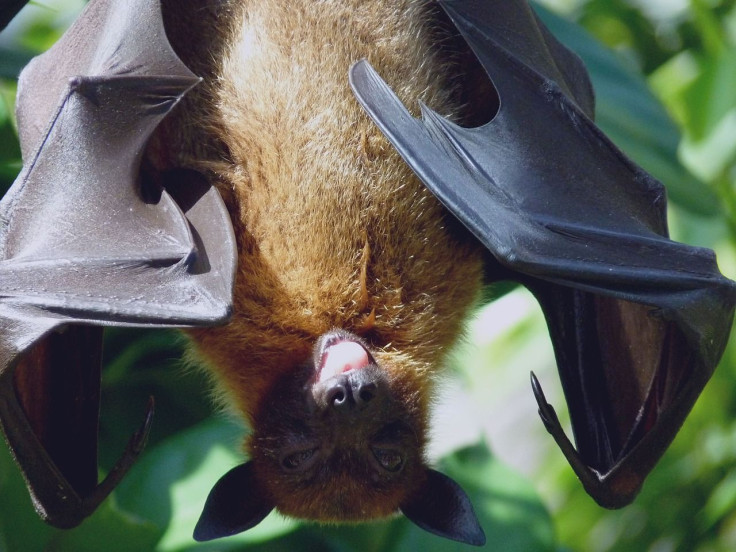A Protein Found In Bats Can Slow Aging, Fight Inflammations In Humans: Study
Bats have an unusual ability to host viruses without getting sick. A team of scientists studied the extraordinary immune defense mechanism in bats and discovered a protein in them that could help humans to fight inflammatory diseases and even aging.
The study conducted by researchers from Duke-NUS Medical School in Singapore, which was published in the journal Cell, suggests that a specific protein in bats, called ASC2, can inhibit inflammasomes, multi-protein complexes responsible for the overactive inflammation linked with many diseases.
According to Matae Ahn, the first author of the study, bats keep their inflammation under control due to the high-level activity of ASC2, which also acts as the key to their long lifespan and unique status as a reservoir for viruses.
"Bats have attracted great attention as a likely reservoir of the SARS-CoV-2 virus responsible for the COVID-19 pandemic. But this unique ability to host yet survive viral infections could also have a very positive impact on human health if we can understand and exploit how they achieve this," senior author Wang Lin-Fa, from Duke-NUS' Emerging Infectious Diseases (EID) Programme, explained in a news release.
The researchers explored the potential powers of the bat protein in humans by testing it in mice. They found the bat protein in genetically-modified mice reduced inflammation and the severity of the diseases caused by various triggers, including viruses.
Scientists found that the ASC2 protein in bats consists of four amino acids in the molecule that was responsible for dampening inflammation when compared to the corresponding human protein.
The findings point to the possible development of drugs that can mimic the anti-inflammatory effect of the bat protein. The research team believes the discovery will be the key to fighting the "human diseases of the future."
"We have filed patents based on this work and are exploring commercial partnerships for drug discovery. We are hoping to develop a new class of anti-inflammatory drugs for inflammasome-driven human diseases," Lin-Fa said.
"Even as COVID-19 begins to recede from the public's attention, Professor Wang and his team continue to break new ground with their basic research into bat biology, yielding unique insights that can potentially strengthen global pandemic preparedness. This is a prime example of the immense value basic scientific research brings to solving major public health challenges," Duke-NUS' senior vice-dean for research, Professor Patrick Casey, said.

Published by Medicaldaily.com



























